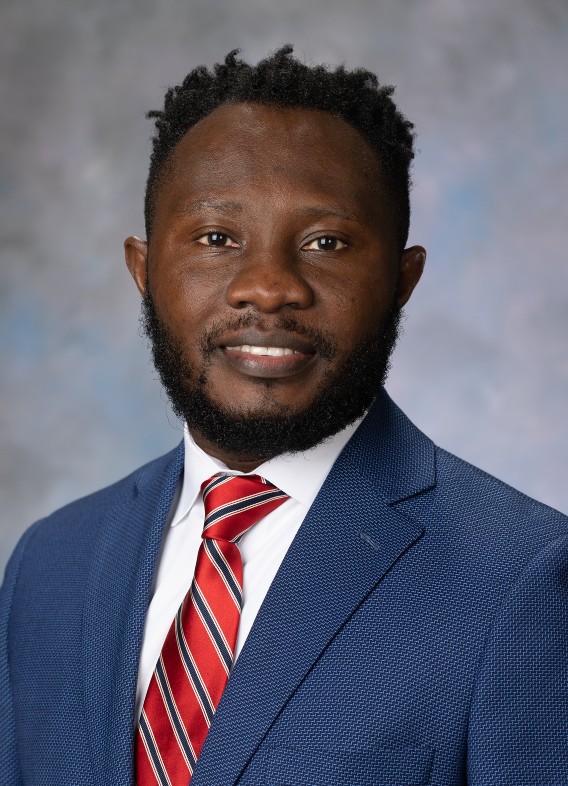Featured Physician
(From the November 2025 issue of MedStat)

Albert Isaacs, MD, PhD, is a pediatric neurosurgeon, director of the Hydrocephalus Program at Nationwide Children’s, and assistant professor of Neurological Surgery at The Ohio State University College of Medicine. Dr. Isaacs obtained his Bachelor of Science degree from Carleton University in Ottawa, followed by his medical degree from the University of British Columbia in Vancouver. During residency training in neurosurgery at the University of Calgary, Dr. Isaacs completed graduate studies in neuroscience at both the University of Calgary and Washington University School of Medicine in St. Louis. He completed his pediatric neurosurgery fellowship at Vanderbilt University’s Monroe Carell Jr. Children’s Hospital at Vanderbilt in Nashville. Dr. Isaacs’ extensive background and training across various institutions and countries reflect his unyielding commitment to excellence and dedication to mentoring the next generation of neurosurgeons.
As the principal investigator at the Steve and Cindy Rasmussen Institute for Genomic Medicine, Dr. Isaacs leads an advanced translational neurosurgery lab. The Isaacs Lab is dedicated to tackling significant challenges in neonatal medicine, specifically neonatal intraventricular hemorrhage and perinatal sepsis, which frequently result in post-hemorrhagic or post-infectious hydrocephalus. The lab blends clinical expertise with experimental research to investigate the inflammatory pathways contributing to these neurodevelopmental disorders. State-of-the-art neuroimaging techniques and comprehensive genomic and proteomic analysis tools are employed to deepen the understanding of the disease mechanisms at a molecular level. Innovatively, the lab uses nanoparticles for cellular studies and targeted therapy delivery, and pioneers the use of cerebrospinal fluid as a liquid biopsy tool in pediatric neurosurgery. The research team, led by Dr. Isaacs, also focuses on genetic and epigenetic factors, aiming to develop personalized treatment strategies. With the use of experimental models for both in vitro and in vivo experiments, the lab strives to translate its research findings into enhanced clinical and neurodevelopmental outcomes for neonates affected by these conditions.
